Capsules and tablets are foundational to pharmaceutical delivery systems. Their selection depends on factors like production efficiency, consumer preferences, and cost. This article delves into the difference between capsules and tablets, their production processes, and the role of specialized equipment such as tablet press machines and capsule filling machines.
Capsules and tablets differ in structure and composition. Capsules are typically made of gelatin or plant-based materials, enclosing liquid, powder, or granules. On the other hand, tablets are compressed mixtures of active ingredients and excipients. They are often coated for taste and stability.
| Aspect | Capsules | Tablets |
| Structure | Gelatin or plant-based shell enclosing powder, liquid, or granules. | Compressed mixture of active ingredients and excipients. |
| Production Process | Capsule filling machines (e.g., CFK-1500, NJP-1200). | Tablet press machines (e.g., high-speed compression). |
| Cost | Lower initial cost, simplified production. | Higher economies of scale, cost-effective at high volumes. |
| Speed of Production | Slower due to filling and sealing processes. | Faster due to high-speed compression presses. |
| Shelf Life | Sensitive to moisture and heat. | Longer shelf life, more resistant to environmental factors. |
| Consumer Preference | Easier to swallow, ideal for liquid/oil formulations. | Cost-effective, versatile, available in various formulations. |
| Health Considerations | Better for taste masking and allergen avoidance. | Often preferred for precision dosing and wide availability. |
| Suitable Equipment | Capsule filling machines like CFK-1500, CAP700. | Tablet press machines with multi-layer compression. |
| Versatility in Formulation | Limited to specific formulations (liquid, powder). | Highly versatile in size, shape, and formulation. |
Tablets offer several advantages over capsules. Check them out below:
The production processes for capsules and tablets differ significantly, requiring specialized equipment.
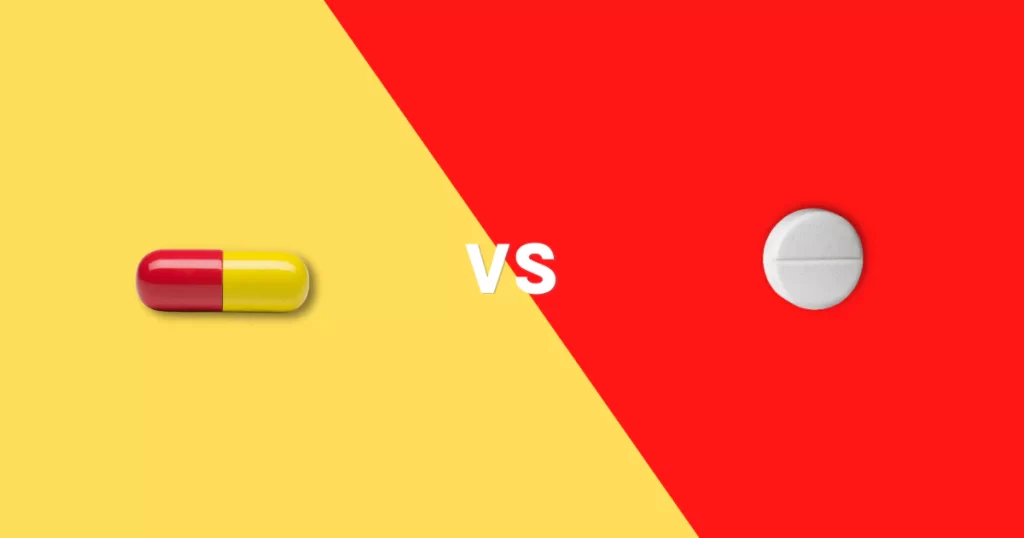
The cost dynamics between capsules and tablets are nuanced. Each dosage form presents unique economic advantages depending on the stage of drug development and production scale.
Tablets are typically faster to produce due to the efficiency of tablet press machines, which can compress thousands of tablets per hour. Capsule production, while precise, is slower as it involves filling and sealing processes. However, modern capsule-filling machines like the NJP-1200 Series and CAP700 Series have significantly improved production speed and reliability.
Capsules are more sensitive to moisture and heat, which can degrade the gelatin shell. Tablets, with their compact and solid structure, often have a longer shelf life and are more resistant to environmental factors. Proper packaging can mitigate these differences.
From a consumer perspective, capsules often win due to ease of swallowing and reduced stomach irritation. Soft gels, in particular, are favored for delivering liquid medications like omega-3 fish oils. Tablets, however, remain popular for their cost-effectiveness and availability in a wide range of formulations.
Soft gels are ideal for liquid or oil-based formulations, ensuring better bioavailability. Tablets are better for precise dosing and when cost is a concern. Choosing between them depends on the medication’s purpose and target audience.
The choice between capsules and tablets also involves considerations like taste masking, allergen avoidance, and sustainability. Capsules often excel at masking unpleasant tastes. They are more suited to allergen-conscious formulations due to their minimal excipient use. Tablets, on the other hand, benefit from more eco-friendly production processes and packaging options.
To produce high-quality capsules or tablets, selecting the right equipment is essential. Canaan is a trusted manufacturer of pharmaceutical machinery. The company offers state-of-the-art solutions for capsule and tablet production.

Discover Canaan’s Efficient Capsule Filling Machines Today!

Explore Canaan’s Advanced Tablet Press Machines!
Tablet press machines are designed for high-speed production. They offer features like multi-layer compression and advanced monitoring systems. These machines ensure consistent quality and high output. This explains why the machines are a cornerstone of tablet manufacturing.
Granulation equipment also supports both wet and dry granulation processes. They come with user-friendly controls and provide robust performance. These machines cater to diverse pharmaceutical formulations, enhancing overall productivity.
Choosing between capsules and tablets depends on factors like production costs, consumer preferences, and intended use. Tablets are cost-effective and versatile, while capsules offer superior digestibility and consumer appeal.
Reliable equipment, such as Canaan’s capsule-filling machines, is crucial for efficient and high-quality production. With advanced technology and a range of customizable solutions, Canaan empowers pharmaceutical manufacturers to meet diverse market demands effectively.
Capsules and tablets differ in structure and composition. Capsules are typically made of gelatin or plant-based materials, enclosing liquid, powder, or granules. Tablets are compressed mixtures of active ingredients and excipients, often coated for taste and stability.
Capsules, particularly soft gels, are easier to swallow and digest. They are less likely to irritate the stomach lining compared to tablets. They may have rougher edges or coatings.
Contrary to common misconceptions, capsules do not contain plastic. Gelatin capsules are derived from animal collagen, while vegetarian capsules use materials like hydroxypropyl methylcellulose (HPMC). Both are safe and biodegradable.
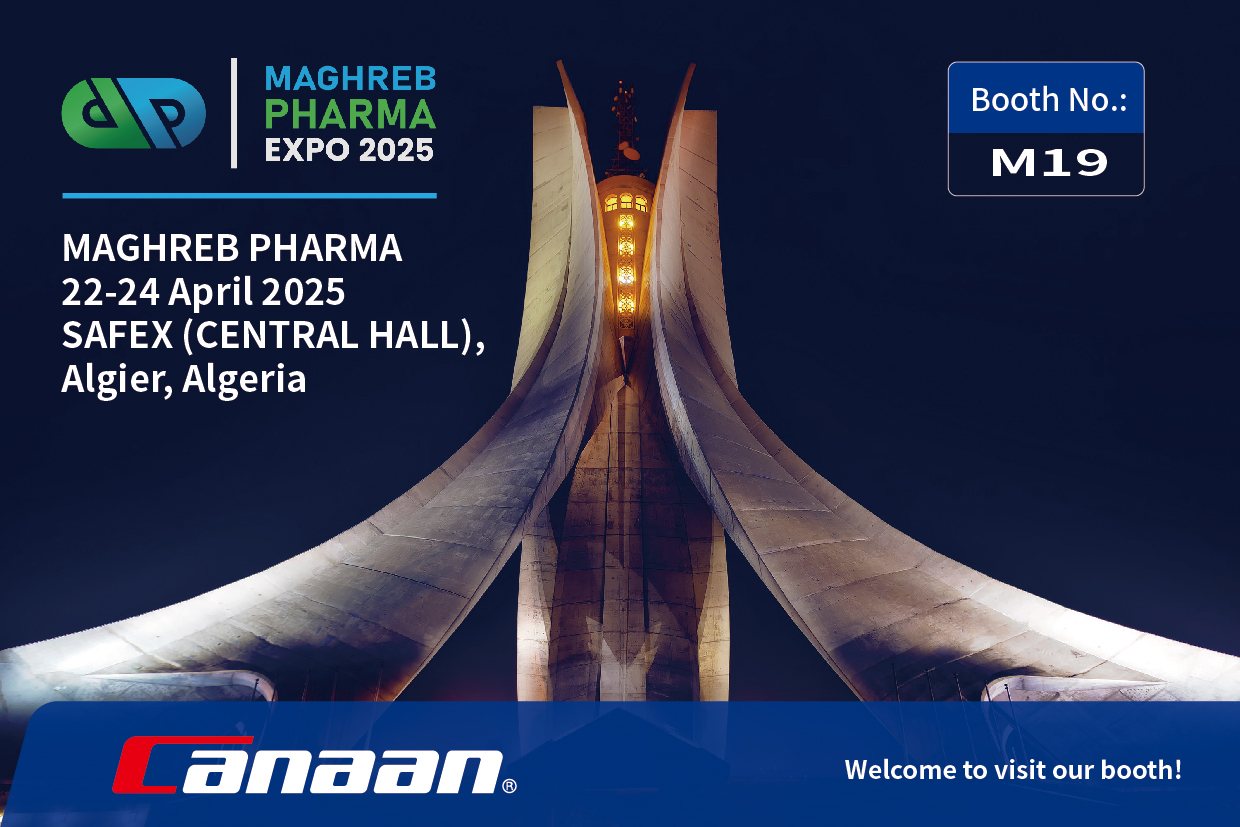
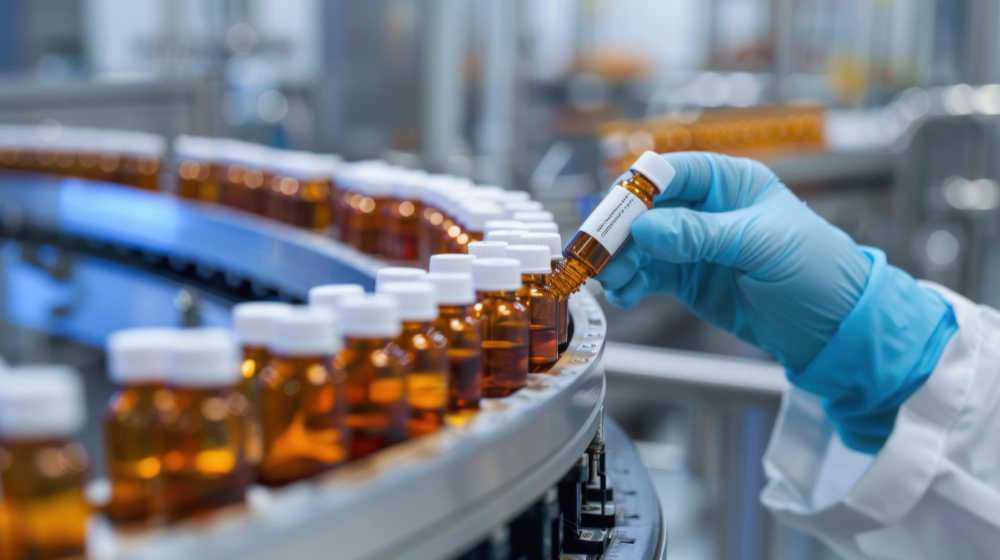
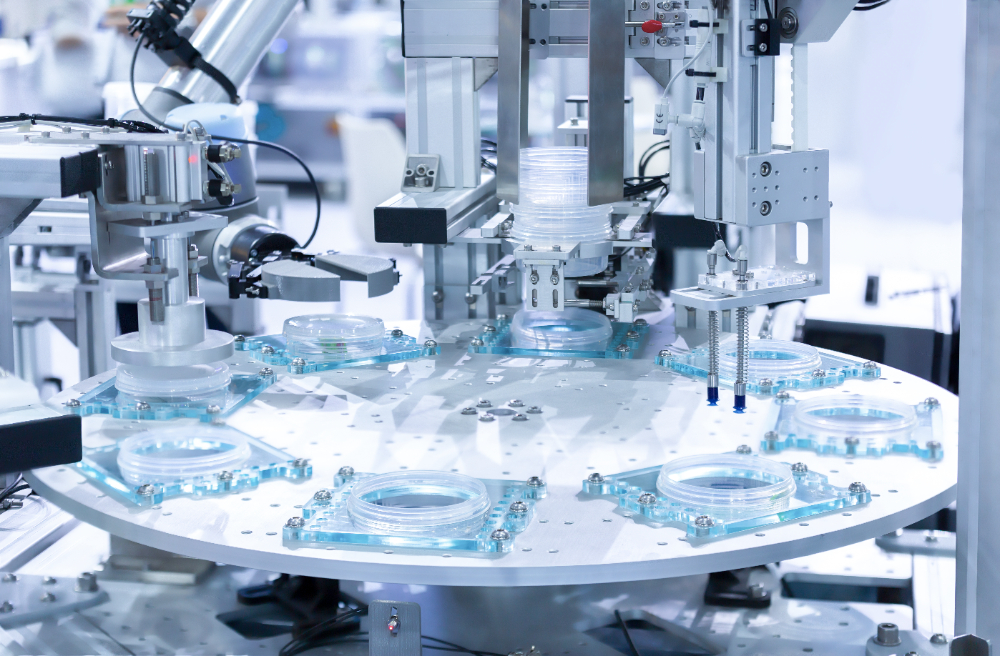

Manufacturing pharmaceutical products should always be taken seriously. That is, every process must follow the strictest and highest standards. This is the very reason why manufacturers prefer hiring an EPC contractor. Contractors working under EPC contracts will ensure the outcomes are of the best quality no matter what happens, focusing on the construction of the […]
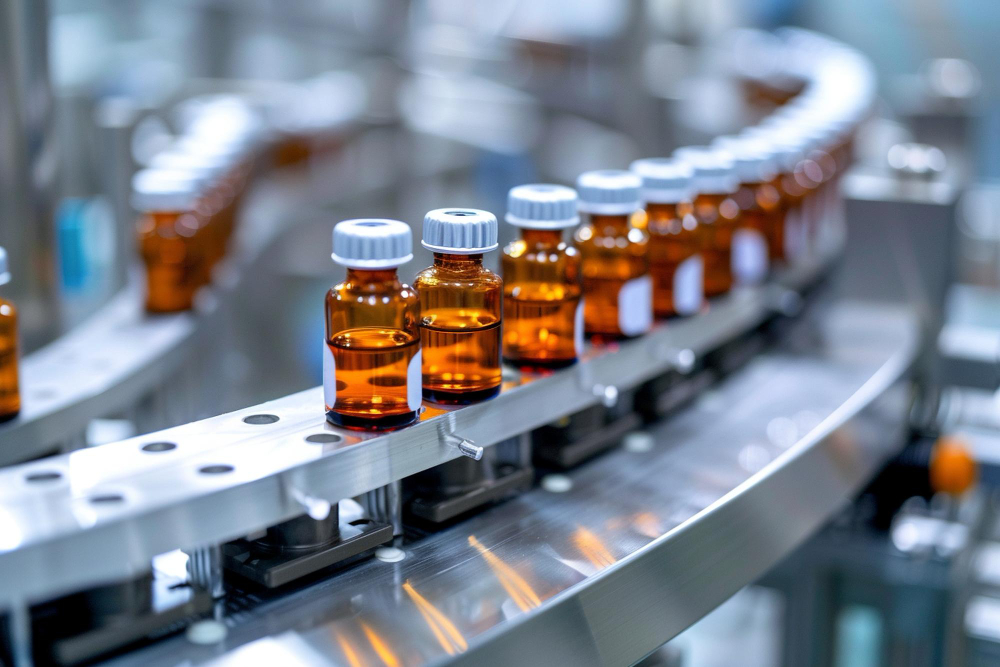
Explore the importance of EPC contracts in pharmaceutical manufacturing. Learn how EPC works, its benefits, and why choosing an EPC contractor can guarantee project success with Canaan’s industry-leading equipment.

Discover how SCADA and PLC improve automation in the pharmaceutical industry. Learn their roles, benefits, and how Canaan’s advanced technology enhances efficiency and safety.